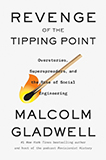A few weeks ago, I deactivated my Facebook account.
The funny thing is that although I had 350+ “Friends,” I’m pretty sure that not one person noticed my absence.
Not even my husband. (Thanks, hun!)
While the whole prospect made me a bit sad — because this essentially meant that something horrible could’ve happened to me and no one would know or even care — I began to realize that my life as a whole was better because I’ve cut Facebook out of my life.
Too Big, Too Much
 I was probably among the first 10,000 to join Facebook in 2002 2004 (thanks Sherry for the correction). My university was only the second or third to have a Facebook network (remember when you were required to have an .edu email address to open a Facebook account?), and when I received the invite I obligingly accepted.
I was probably among the first 10,000 to join Facebook in 2002 2004 (thanks Sherry for the correction). My university was only the second or third to have a Facebook network (remember when you were required to have an .edu email address to open a Facebook account?), and when I received the invite I obligingly accepted.
I played around with it a bit, but soon abandoned it for the more-popular Friendster.
Fast-forward to 2006. By this time, Facebook had gained quite some ground among university students. But it wanted more. So it made its boldest move yet: it opened its doors to anyone who wanted to join.
Soon, everyone seemed to be talking about Facebook. It had been so long since I had last logged on that I couldn’t remember my password — I had to log back into my jhu.edu account (whose password took a while for me to remember too) and retrieve the darn thing just to be able to log back into my account.
Now, Facebook has over 350 million users worldwide. Not only are practically all my friends on Facebook, but so are corporations, marketers, and small businesses. There are fanpages for practically everything you can think of, including obscure products and mundane concepts.
Sure, my friends would regularly update me on the going-ons in their lives, post pictures and videos, and share interesting tidbits they’ve found on the web. And I did enjoy these things…
…but only for a while.
Soon, it just became too much.
The Corporatization of Facebook
Facebook first began to lose its appeal to me when at my old company, my employers decided to hire a “Facebook consultant” to publicize and monetize our brand.
The price of this consultant? A staggering $25,000.
As part of the marketing team, I was required to attend these sessions where the consultant would teach us the ins and outs of Facebook. How to create an account. How to create a fanpage. How to add friends. How to share links. How to—
—wait.
I already knew how to do all this stuff. And what’s more, I knew it better than this schmuck who was charging us $25,000.
When did Facebook become so essential as to necessitate the hiring of overpriced consultants?
It only got worse from there.
The not-so-private privacy settings. Products being hawked at me left and right. The incessant, unnecessary chatter.
And there’s the fact that Facebook owns all the information I’ve unloaded onto its servers. Even though I’ve quit, all the details of my account are still stored in its database. Pictures. Status updates. Wall posts. Everything. So there is no way to really quit.
As if that didn’t make me uncomfortable enough…
High School, Part Deux
When did Facebook become such a popularity contest?
Comparing numbers of friends/fans. Checking to see how many people “liked” your status update. Looking to garner as many comments as possible.
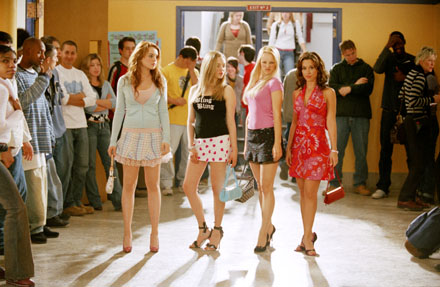
There are also those who create fanpages for themselves or their friends. No, not the kind where you develop a fanpage for your business or brand. The kind where the sole purpose of the page is to shout, “Hey! I’m awesome! Won’t you please acknowledge that fact?”
Gossiping. Cliques. Peer pressure.
I, for one, hated my high school experience and I have no plans to return.
How Eliminating Facebook Changed My Life
I no longer feel the urge to check my Facebook page every 10 minutes.
I no longer feel pressured into becoming fans of, or joining groups in which I have no interest.
I no longer wonder why certain people de-friended me on Facebook.
I now have more time. Time to read, work, and find new sources of entertainment.
I am now using more traditional methods of communication to reach out to my loved ones.
And I now comment more frequently on friends’ blogs — as opposed to hitting the “like” button or commenting directly on Facebook — which I believe to be more personal and better appreciated.
Am I missing out by quitting Facebook? Sure, I may miss minor announcements and daily updates from friends. But I figure that if it is something important, I will hear about it through alternate means.
Because Facebook is not the only form of communication or being “in the loop.” I just hadn’t realized how much I, like many others, have made it so.
Will I ever return? Perhaps. But for now, I am content sans Facebook.
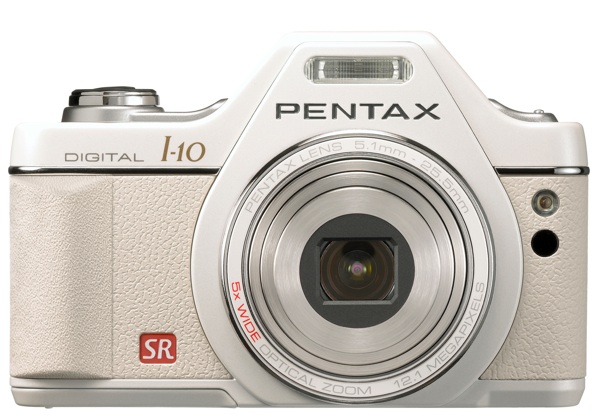









 I was probably among the first 10,000 to join Facebook in
I was probably among the first 10,000 to join Facebook in 
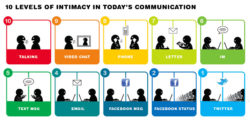

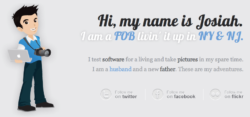

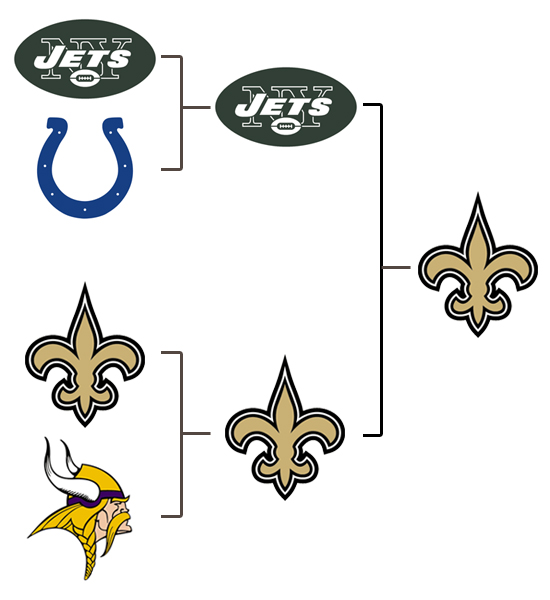

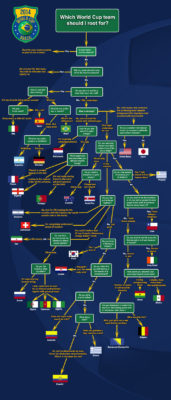



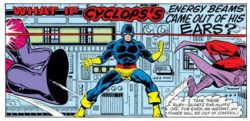
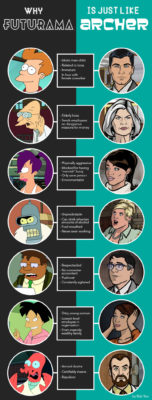

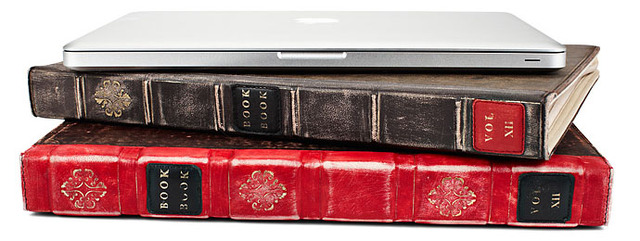





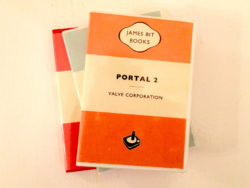



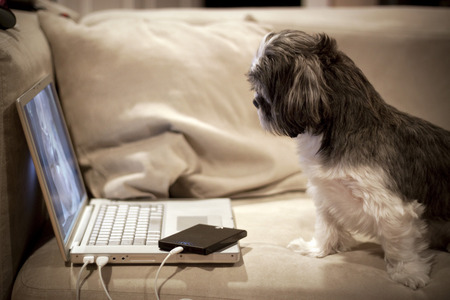
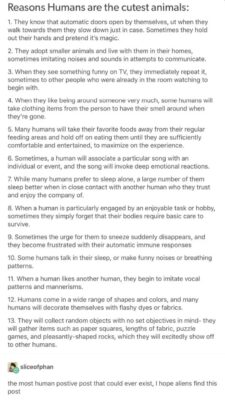
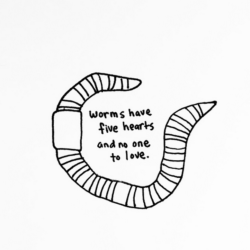

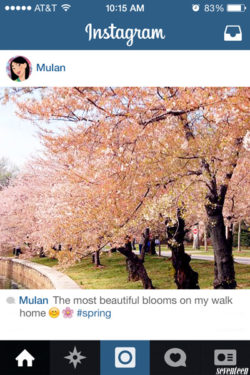

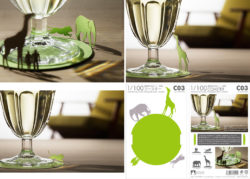

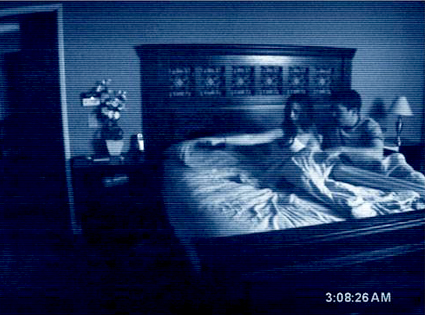
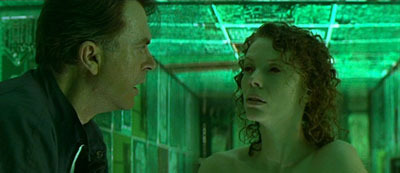


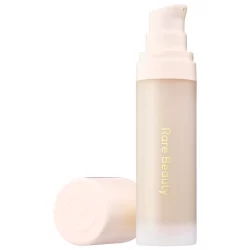

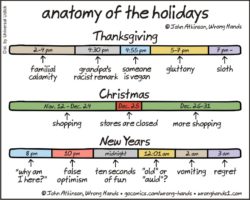
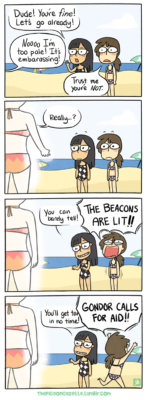

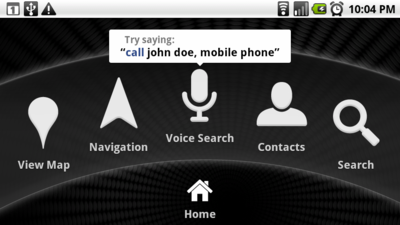
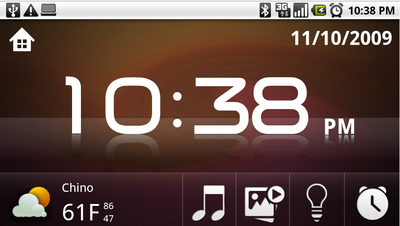

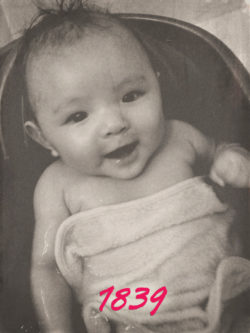
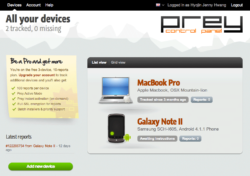


 I like books, gadgets, spicy food, and art. I dislike shopping, hot weather, and the laws of entropy. Although I am a self-proclaimed computer nerd, I still have a love for handbags and makeup... and I am always teetering on high heels. To learn more about me, visit the
I like books, gadgets, spicy food, and art. I dislike shopping, hot weather, and the laws of entropy. Although I am a self-proclaimed computer nerd, I still have a love for handbags and makeup... and I am always teetering on high heels. To learn more about me, visit the 
